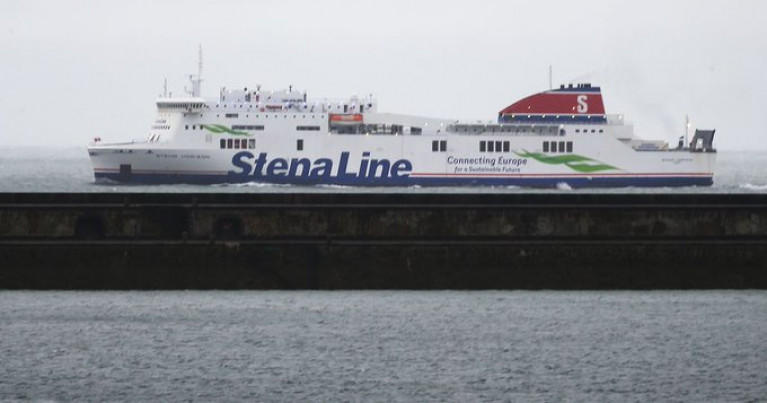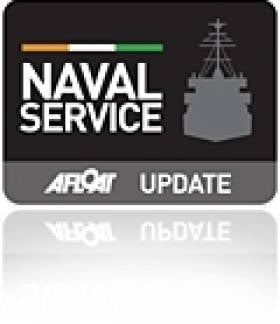Displaying items by tag: Irish Sea Ferry
An Irish Sea ferry crew member from Stena Line is self-isolating after testing positive for coronavirus.
Company bosses said the worker had no symptoms when they left the Stena Horizon on Wednesday, but later tested positive for Covid-19.
The ropax ferry's key Irish Sea route is between Holyhead and Dublin. (Afloat adds the ropax is providing cover having been replaced from the Rosslare-Charbourg route by relief ferry Stena Vinga).
The Stena Horizon, which can carry up to 900 passengers and 200 cars, has recently been operating the route alongside the Stena Estrid, due to a continuing refit of the Stena Adventurer (at Harland & Wolff, Belfast).
More on the story from NorthWalesLive here
In addition for further impacts of Covid-19 on the Ferry sector can be read from a report released today by the IMDO, an Irish government agency that is responsible for supporting the shipping industry.
The operation was spearheaded by the ARW with the support of a Naval Service coastal patrol vessel (CPV) and also Air Corps helicopters. High-speed tactical assault craft with ARW teams on board conducted manoeuvres while air-borne teams fast-roped from helicopters onto the deck of the Stena Adventurer. To see photos of the ARW team in action click HERE.
The exercise was designed to enhance the capacity of the Defence Forces to provide the State with a highly specialised maritime armed intervention capability.
Last month the Naval Service conducted close quarter manoeuvres in 'Operation Quixote' off the south-west coast. The exercise involved the entire naval fleet except for the flagship LE Eithne, which performed in gunnery practice, simulated air attacks from the Air Corps and armed naval boarding parties.































































